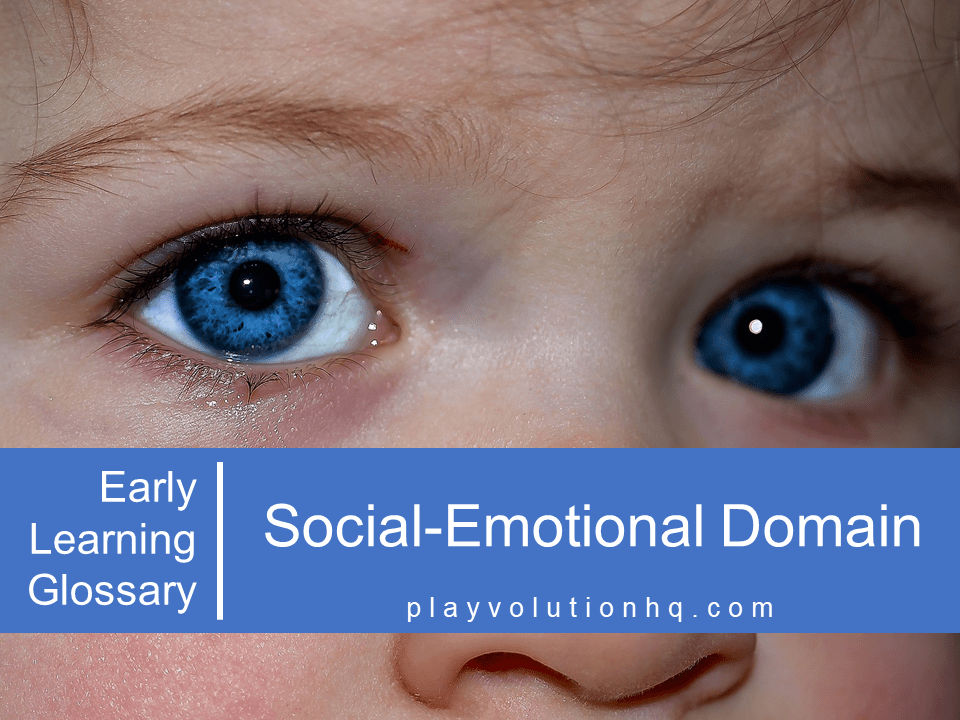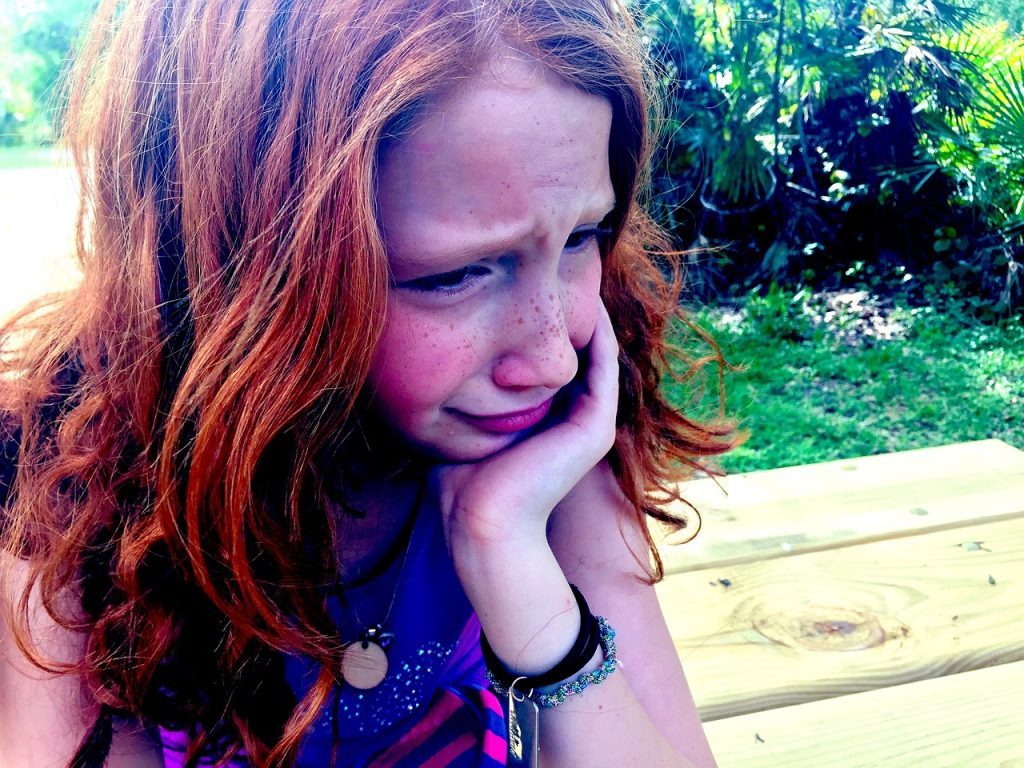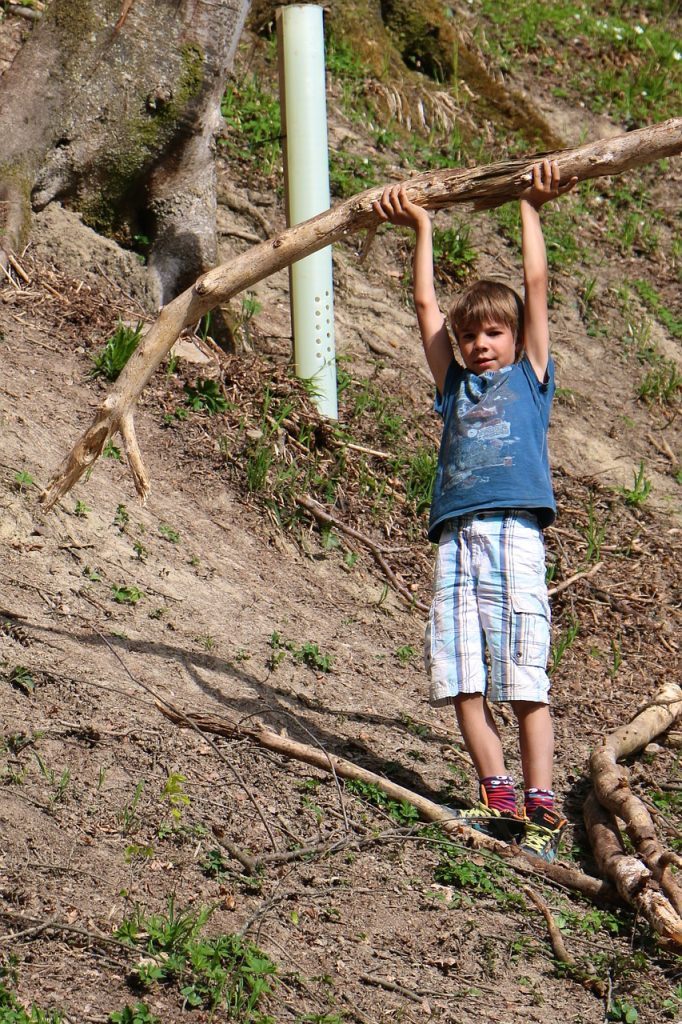
Table of Contents
The social-emotional domain refers to the skills and abilities related to understanding and expressing emotions, forming relationships, and developing a sense of self.
Key Components Of The Social-Emotional Domain
Here’s a detailed breakdown of what this domain entails:
- Emotional Awareness And Regulation—This aspect involves an individual’s ability to recognize and label their emotions and those of others. It includes understanding how emotions can influence behavior and managing feelings appropriately.
- Empathy And Perspective-Taking—Empathy is the capacity to understand and share another person’s feelings. Children develop empathy by observing and responding to others’ emotions. Perspective-taking involves seeing things from another person’s viewpoint, fostering understanding and cooperation in social interactions.
- Social Skills And Relationships—This area focuses on the ability to interact effectively with peers and adults. It includes skills like taking turns, sharing, cooperating, and solving conflicts. As children engage in social play and group activities, they learn important social norms and develop the foundation for healthy relationships.
- Self-Concept And Identity—Self-concept refers to a child’s understanding of their abilities, characteristics, and worth. It starts with recognizing basic physical features (e.g., hair color, age) and expands to include personal preferences, strengths, and values. Positive self-concept contributes to self-esteem and confidence.
- Initiative And Independence—Developing a sense of agency and autonomy is crucial for social-emotional growth. Children learn to make choices, set goals, and take responsibility for their actions. Encouraging independence within safe boundaries fosters self-reliance and resilience.
- Self-Regulation—This aspect involves controlling actions and impulses to adapt to different social situations. Children gradually learn appropriate behaviors through modeling, guidance, and consistent expectations.

Developmental Milestones In The Social-Emotional Domain
Below are some developmental milestones in the social-emotional domain that children typically achieve at different ages. Each child develops at their own pace; these milestones are general guidelines:
Infancy (0-12 months):
- Smiling responsively to caregivers
- Showing interest in faces and making eye contact
- Responding to soothing sounds and voices
- Displaying attachment behaviors (e.g., seeking comfort from familiar adults)
Toddlerhood (1-3 years):
- Expressing a range of emotions (joy, anger, sadness) through words and actions
- Engaging in simple pretend play, like feeding a doll or talking on a pretend phone
- Initiating interactions with peers ( parallel play, playing alongside others)
- Demonstrating independence in basic tasks (e.g., feeding themselves, choosing toys)
Preschool (3-5 years):
- Developing friendships and playing cooperatively with other children
- Showing empathy and understanding others’ feelings
- Following simple rules and routines in group settings
- Identifying and expressing basic emotions verbally
Early School Age (5-8 years):
- Forming deeper and more complex friendships
- Resolving conflicts with peers using language and negotiation skills
- Understanding and expressing a more comprehensive range of emotions (e.g., pride, jealousy, empathy)
- Showing increased independence in decision-making and problem-solving
Middle Childhood (8-12 years):
- Developing a stronger sense of identity and self-esteem
- Demonstrating more advanced social skills (e.g., teamwork, leadership)
- Understanding social norms and expectations in different contexts (home, school, community)
- Managing emotions more independently and adapting to changing social dynamics
These milestones provide a snapshot of the typical progression of social-emotional development in children. However, it’s important to remember that individual children will reach these milestones at different ages and in different sequences.
Supporting Social-Emotional Domain Development
Here are practical tips for early learning professionals and parents interested in supporting Children’s development in the social-emotional domain.
- Support Active Childhoods— Heavy work refers to activity that pushes or pulls against the body or involves carrying and includes popular childhood activities like climbing, running, rough-and-tumble play, and digging. Such activity not only builds muscle strength and control and wires the eight sensory systems, but it also helps with the development of self-regulation and tends to be soothing for children experiencing strong emotions.
- Create Emotionally supportive Environments—Establish environments that promote emotional trust. Respond thoughtfully to children’s feelings and model respectful communication. Foster positive interactions among children and between children and adults.
- Teach Emotional Vocabulary—Help children build their emotional vocabulary by labeling emotions and discussing how to manage them constructively.
- Promote Play And Exploration—Children learn social and emotional skills through practice, and there’s no better way for them to practice than through self-directed play and exploration with peers and near-peers.
- Be A Role Model—Children learn a great deal from observing adults: model empathy, patience, and effective communication in your interactions.
- Don’t Overemphasize—Too much focus on feelings can harm healthy development. Dwelling excessively on one’s emotional state can lead to anxiety and struggles in navigating the imperfect world.

Social-Emotional Domain Wrap-Up
Attending to young children’s social-emotional development lays a strong foundation for success in life. By understanding and nurturing these essential skills, we empower children to regulate themselves, navigate the complexities of social interactions, and build meaningful relationships.
Contribute content to Playvolution HQ
Brought to you by Explorations Early Learning
Thoughts On This Entry?
I’d love to hear your thoughts on improving this entry and suggestions for additional glossary additions in the comments below. You can also contact me with comments or concerns.
Browse Trainings
Post Author
Jeff Johnson is an early learning trainer, podcaster, and author who founded Explorations Early Learning, Playvolution HQ, and Play Haven.


Leave a Reply